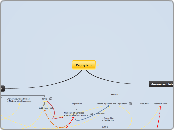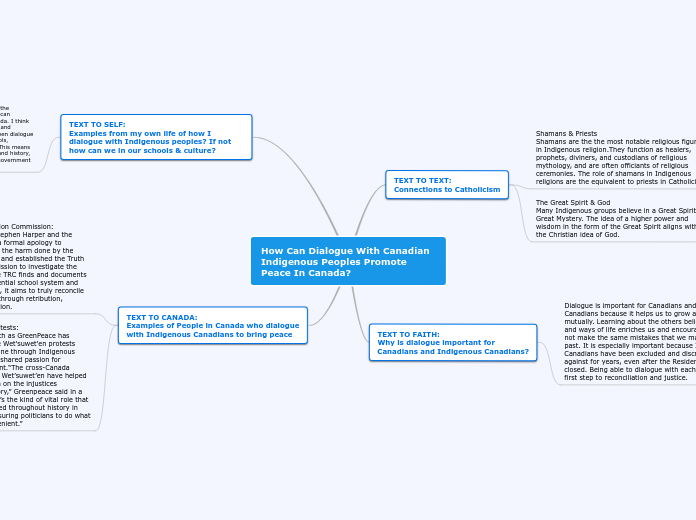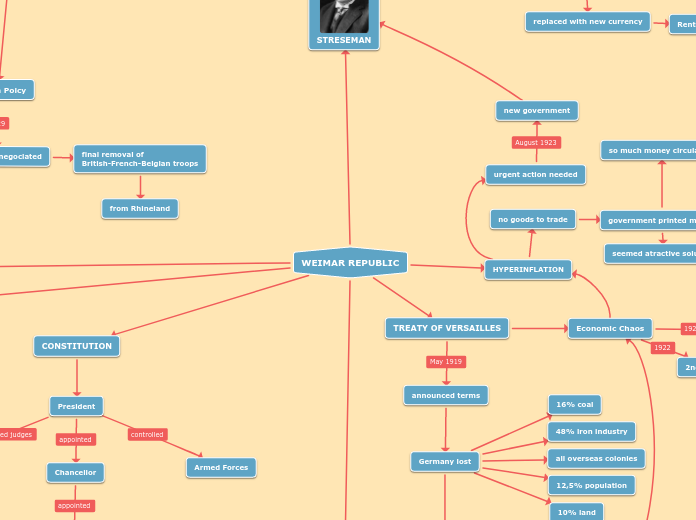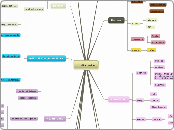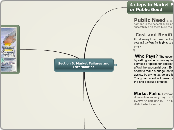Cronyism
Corporate interests
Banks
Regulatory Capture by Banks of SROs and Federal Regulators (SEC, FINRA, CFTC, OTS, CTC, etc.)
Congressional members and staffers become highly paid K Street lobbyists after their "service" to the country is complete. The more anticompetitive legislation or more influence they have with remaining Congresscritters, the bigger the paycheck.
A rule forbidding employment at or on the behalf of anyone the prospective lobbyist regulated in the past would help, but it is a cultural more than legal issue. Obama promised to be transparent and unfriendly to lobbyists, but has been as back-slappy as the last guy in this regard.
Entrepreneurs and Small
to Medium-size Businesses
Multi-national corporations
1. Uncompetitive companies that can't compete or feel threatened by budding competition as a result of big government rules and regulations.
2. With a diminishing number of competitors, the corporations who lobbied for such regs can now afford to buy out other competitors.
3. Companies that run afoul of such rules and regulations must then rely on trial lawyers in order to find a worthy remedy in state or federal court.
Lobbyists
MNC lobbyists press Congress to pass legislation allowing for easier earnings, through wage and environmental arbitrage, exemptions on regulations suffered by competitors, increased barriers to entry for competitors and other unfair trade practices.
Golden Rule applies, and the MNCs have the gold.
Trial lawyers and Bar associations
When the average citizen becomes adversely impacted by unjust laws and regulations that are part of crony capitalism, their immediate path is to seek a remedy through the courts, which often requires tens of thousands of dollars in liquid assets with credible legal representation.
Government interests
State
State Courts
Civil
Probate
Juvenile
Domestic Relations
Traffic
Criminal
State agency and departments
Federal
Federal Courts
Executive
Federal Agencies and Regulators
In exchange (implicit) for future employment, low-level regulators go easy on banks they monitor.
At the higher level, Agency heads quash investigations and boat-rockers because they are friends with and will or have benefitted financially, politically, or both from the continued status quo.
FCC
IRS
TSA
EPA
DoJ
D/HHS
- Fannie Mae
- Freddie Mac
Legislative
Members of Congress
who are also trial lawyers
1. Congress, bought and paid for by the FIRE industry, passes legislation favorable to the global Ponzi. Lobbyists from the Street curry favor with large campaign donations or, increasingly, the threat of funding opposition candidates.
Regulators at the high level pass weak adminsitrative rules, and fail to enforce even those, citing budget shortfalls.
2. Congress imposes expensive federal rules and regulations due to corporate missteps, such as Enron, or that large corporations lobbied for, planned for, and can afford, but that some of their competitors are not equipped to deal with.
